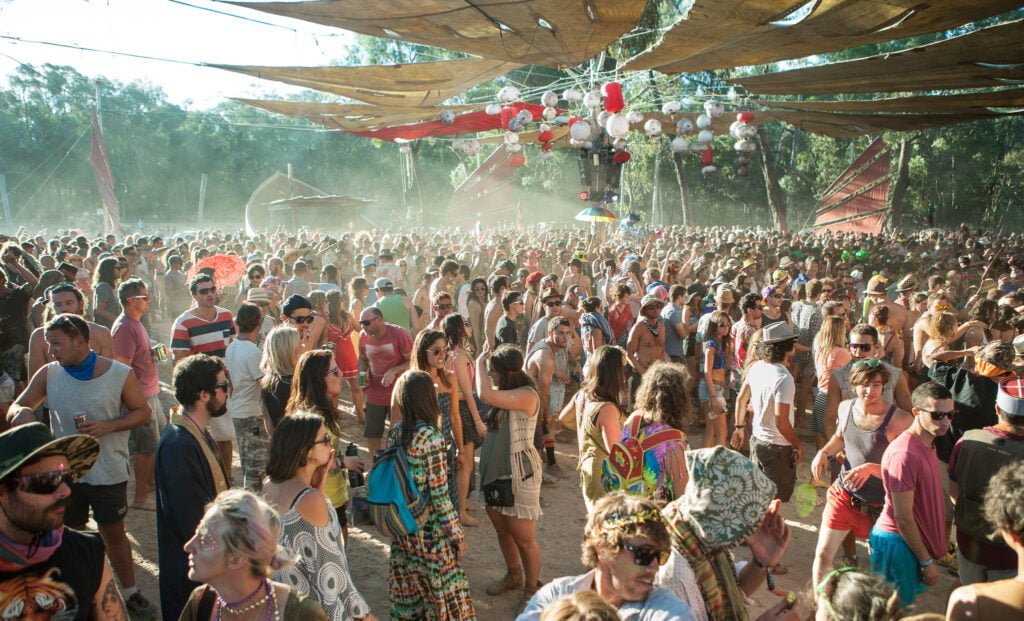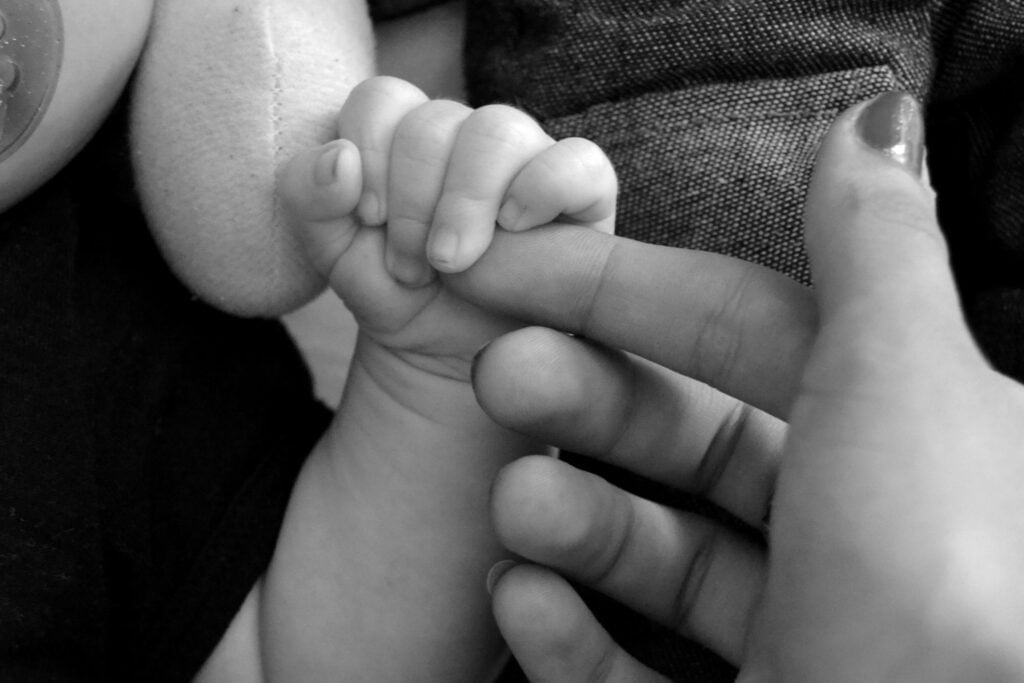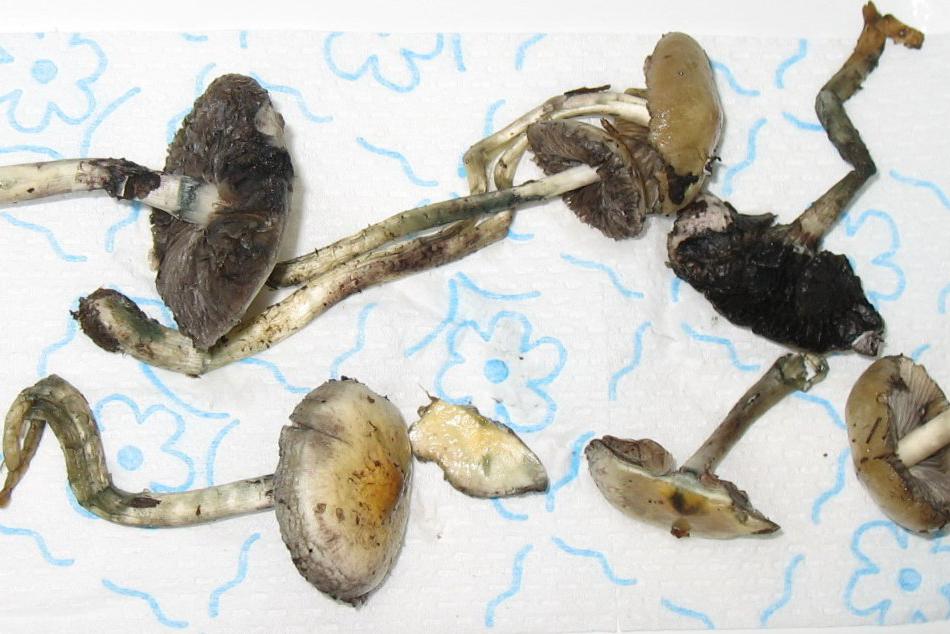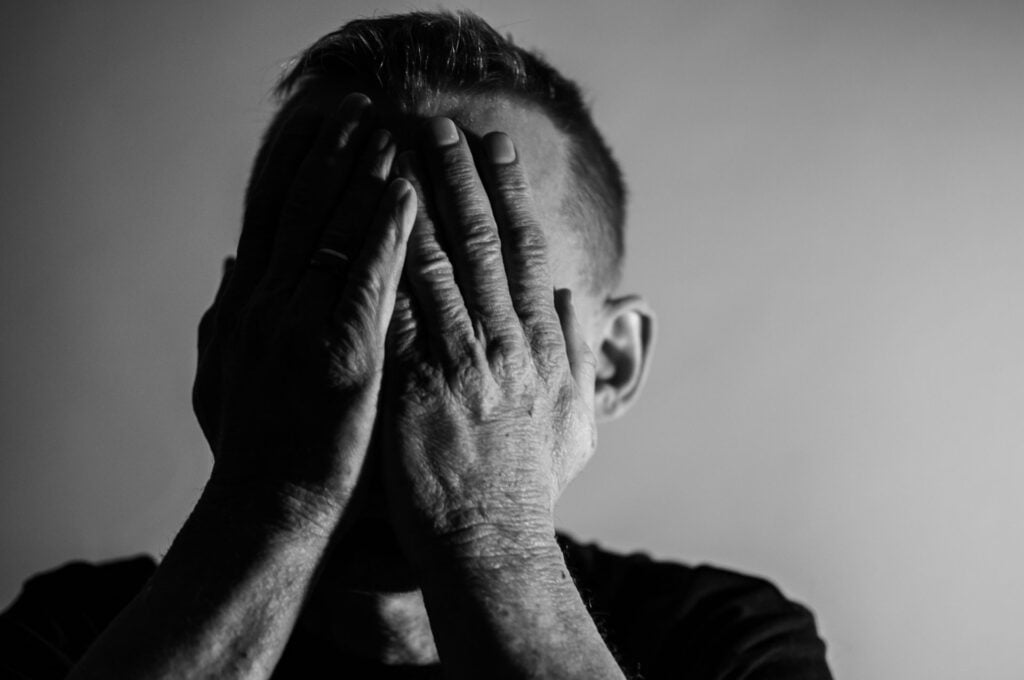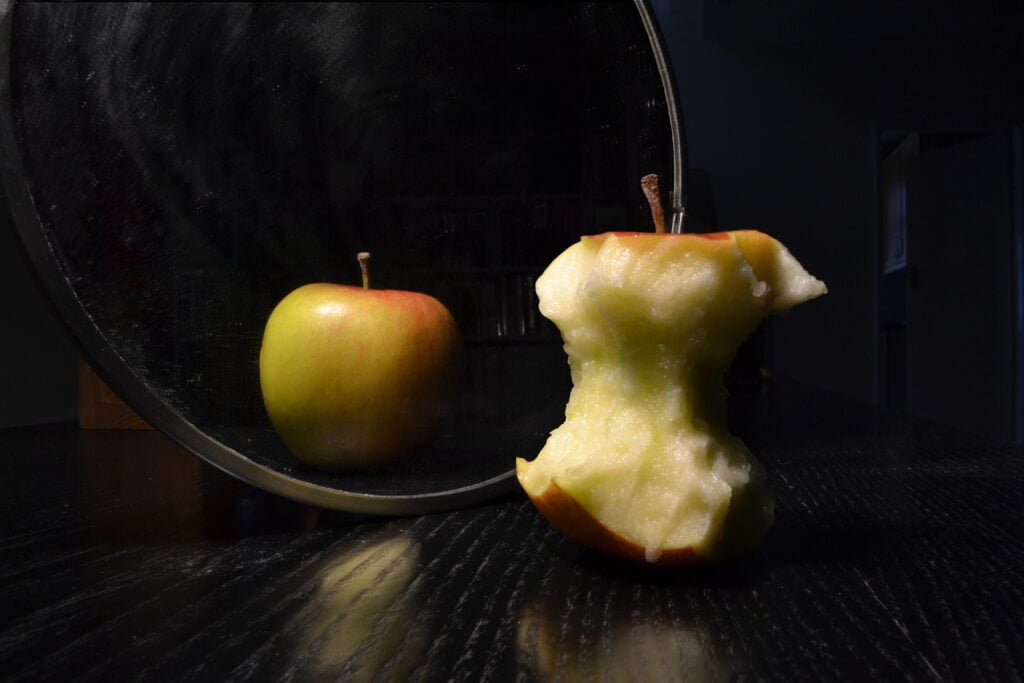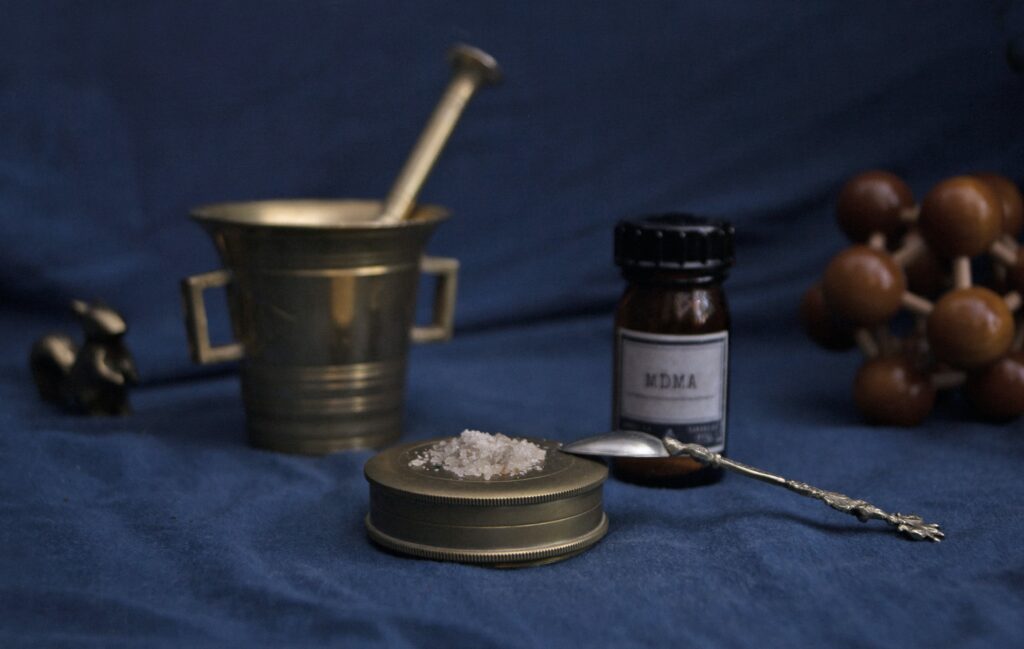We use cookies to improve your experience with Monash. For an optimal experience, we recommend you enable all cookies; alternatively, you can customise which cookies you’re happy for us to use. You may withdraw your consent at any time. To learn more, view our Website Terms and Conditions and Data Protection and Privacy Procedure.
Psychedelics and mental health
Published on October 11, 2022Today on World Mental Health day we look at leading-edge ideas on how psychedelic therapies might work and what these drugs do to the brain.
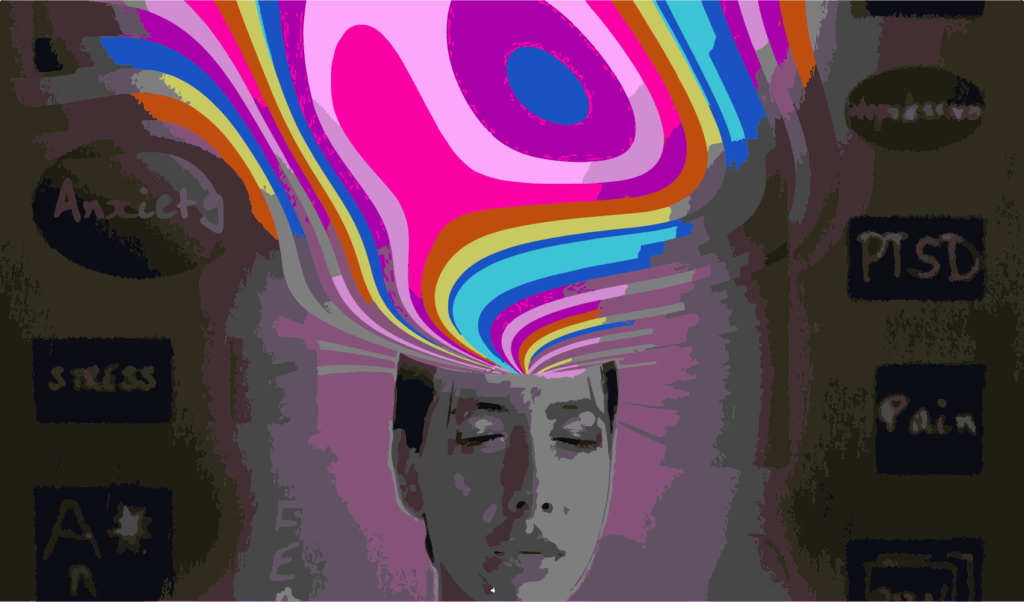 There is growing interest in the use of psychedelics to treat mental health disorders. : Michael Joiner, 360info CC BY 4.0
There is growing interest in the use of psychedelics to treat mental health disorders. : Michael Joiner, 360info CC BY 4.0
Today on World Mental Health day we look at leading-edge ideas on how psychedelic therapies might work and what these drugs do to the brain.
Anxiety and depressive disorders have increased by 25 percent just in the first year of the COVID-19 pandemic and there is a strong need to address the growing treatment gap.
Drug therapies using psychedelic drugs, once considered taboo, are slowly making their way to the mainstream.
Influenced by softening laws on personal consumption and the medical acceptance of cannabis, it’s likely we’ll see more widespread research into their use in treating debilitating mental health and addiction disorders.
The results of clinical trials have so far been promising, but there remain many questions about the treatment.
Last week, the Canadian province of Alberta announced it would regulate the use of psychedelic drugs for people in therapy. The plan will allow psilocybin, psilocin, MDMA, LSD, mescaline, DMT, 5 methoxy DMT and ketamine as a treatment for psychiatric disorders, despite the drugs being illegal to consume publicly.
All treatments will have the oversight of a psychiatrist. Medical doctors will need to apply for a license before administering the drugs.
“Some of the strongest supporters are among first responders and veterans who suffer from high rates of PTSD and other mental health conditions,” Mike Ellis, associate minister of mental health and addictions, said in a press conference last week.
“As a former police officer myself, I want to ensure that if there are promising practices to make life better for people with these conditions that we are supporting them in a professional way.”
Today on World Mental Health Day, we look at leading-edge ideas on how psychedelic therapies work, what the current and upcoming trials are hoping to accomplish, and what hurdles will need to be overcome before psychedelic therapies can become a globally accepted treatment option.
REALITY CHECK
Recent clinical trials suggest the active ingredient in magic mushrooms — psilocybin — can help people with treatment-resistant depression.
MDMA has been shown to be effective in treating post-traumatic stress disorder (PTSD).
In July, the US state of Connecticut authorised the country’s first pilot program to offer MDMA and psilocybin to veterans, frontline healthcare workers, and retired first responders, including police who suffer from depression and PTSD. It has been legal in the states of Oregon and California to use psilocybin for mental health treatment in supervised settings since 1 February 2021.
Australia’s national scientific research body CSIRO is aiming to develop new psychedelics to help people with a variety of mental health issues including depression, addiction, end of life anxiety and post-traumatic stress disorder.
BIG IDEAS
This quote is attributable to Adeel Razi, Monash University:
“Psychedelics have been around for a few decades but … there was less research and now we have a renewed interest. However, we still don’t know many things about how these compounds change the brain function.”
This quote is attributable to Paul Liknaitzky, Monash University:
“Clinical psychedelics have not yet achieved the minimum level of evidence to be approved as new medicines to date and some promising treatments may turn out to be underwhelming.”
Originally published under Creative Commons by 360info™.
Editors Note: In the story “Psychedelics and mental health” sent at: 11/10/2022 10:27.
This is a corrected repeat.



